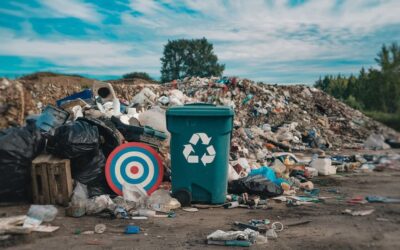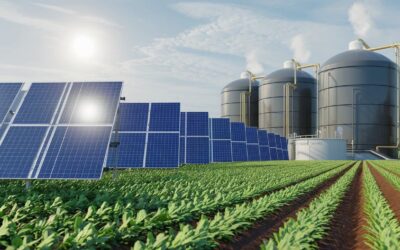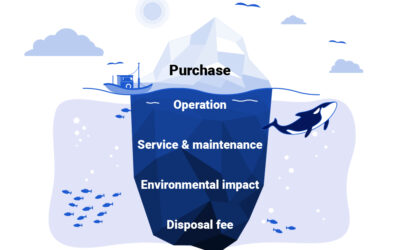In paper mills, pulp waste represents a significant challenge in terms of production efficiency and environmental sustainability.
This material, composed of short fibers and other non-recyclable residues in the paper production process, represents approximately 3-5% of incoming waste.
Its management therefore requires innovative and reliable solutions.
Problems related to pulp waste
Pulper waste can generate various problems:
- Reduced production efficiency: Excess material can create obstacles and slow down the production process.
- Increased costs: Landfilling or incineration causes significant costs for paper mills.
- Environmental impact: non-optimal management of pulper waste can cause soil and water pollution.
Solutions for pulper waste management
Hydroswiss offers a complete range of solutions for the efficient and sustainable management of pulp waste:
- Dehydration systems: reduce the volume and weight of the material, facilitating transport and disposal.
- Separation systems: they allow the recovery of fibers that are still reusable and the valorisation of other components such as metals and plastics.
- Treatment plants : transform pulper waste into secondary raw materials or other useful products.
The benefits of efficient pulper waste management
Hydroswiss solutions for pulper waste management offer numerous advantages:
- Improved production efficiency: reduction of machine downtime and increase in production.
- Cost reduction: lower waste disposal and valorisation costs.
- Lower environmental impact: reduction of CO2 emissions and environmental protection.
Composition and characteristics of pulper waste
Pulper waste can vary in composition depending on the type of recycled paper and the production process used. In general, it consists of:
- Plastic: plastic films, bottles, packaging
- Metals: aluminum foil, cans, iron
- Glass: fragments of bottles and other objects
- Organic pollutants: inks, glue, oils
Collaboration with paper mills
One of Hydroswiss’ key strategies is active collaboration with paper mills.
The company works in synergy with its customers to develop customized solutions for pulper waste management, taking into account the specificities of their production process.
This collaboration helps to optimize results and ensure sustainable waste management.
Environmental Monitoring and Reporting
Hydroswiss places great emphasis on continuous environmental monitoring of its plants and waste management processes.
The company adopts transparent reporting practices to provide its customers and stakeholders with detailed information on the environmental impact of operations, promoting social and environmental responsibility.
Conclusion
The efficient management of pulp waste is a key factor for the competitiveness and sustainability of the paper industry.
Hydroswiss is committed to providing innovative and reliable solutions to help paper mills achieve their efficiency and environmental goals.
Contact us for a free consultation and discover tailor-made solutions for your paper mill.




